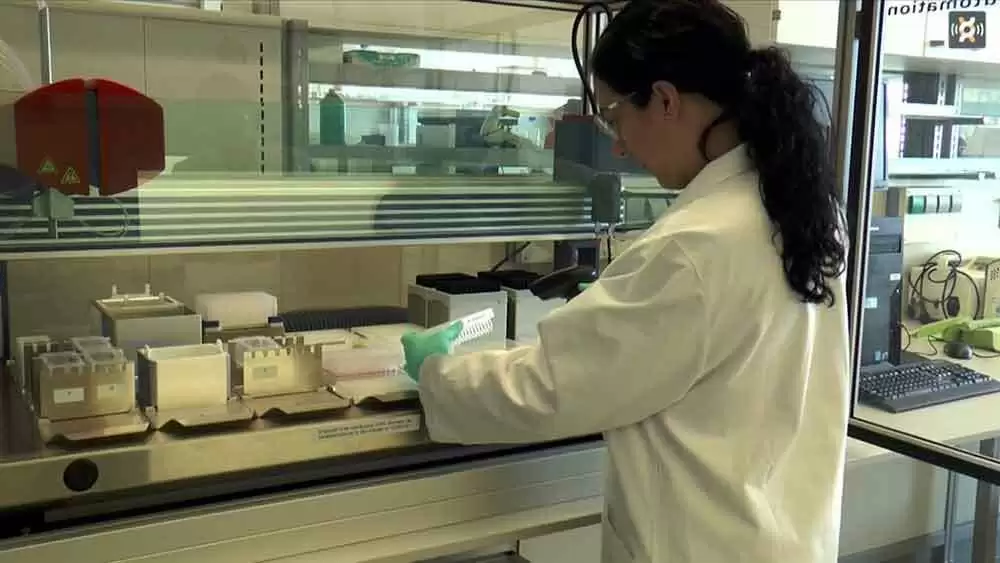12/25/2023 - For those navigating the intricate landscape of celiac disease, early detection is often the key to managing the condition effectively. A recent study delves into the fascinating realm of zonulin, offering insights that could revolutionize how we identify the onset of celiac disease autoimmunity in at-risk children.
The research, spanning the years 2014 to 2022 and involving 102 children from the CDGEMM study, aimed to unravel the mystery of whether changes in intestinal permeability, specifically marked by zonulin, precede the development of celiac disease. The study included 51 cases of celiac disease autoimmunity and matched controls, all of whom consumed gluten for a minimum of 12 months.
Celiac.com Sponsor (A12):
The findings were striking. Children who eventually developed celiac disease autoimmunity exhibited a significant increase in zonulin levels approximately 18.3 months before the onset of celiac disease autoimmunity compared to their counterparts who did not develop the condition. Zonulin, a well-established marker for gut permeability, emerged as a potential biomarker for preclinical screening of celiac disease in at-risk children.
Trajectory of Zonulin Influenced by the Number of Antibiotic Courses
Delving deeper into the data, the researchers unearthed an intriguing connection. Among the various factors considered, the trajectory of zonulin was notably influenced by the number of antibiotic courses. In children with celiac disease autoimmunity, an increased number of antibiotic courses correlated with a steeper rise in zonulin levels over time.
This suggests a dual revelation. Firstly, zonulin stands out as a promising biomarker, offering a potential window for early detection of celiac disease before it fully manifests. Secondly, the impact of antibiotic courses on zonulin levels introduces a nuanced understanding of environmental factors that might contribute to the development of celiac disease autoimmunity.
The implications of this study are profound. The ability to identify heightened zonulin levels as an early sign of celiac disease could usher in a new era of proactive healthcare for at-risk children. Moreover, the awareness that antibiotic courses may impact zonulin trajectories adds a layer of understanding to the delicate interplay between environmental factors and autoimmune conditions.
As we navigate the evolving landscape of celiac disease research, the spotlight on zonulin as a potential harbinger of celiac disease autoimmunity showcases the strides being made toward more effective diagnostics and, consequently, more informed and empowered healthcare for those with celiac disease.
Read more at the Academy of American Pediatrics








Recommended Comments
There are no comments to display.
Create an account or sign in to comment
You need to be a member in order to leave a comment
Create an account
Sign up for a new account in our community. It's easy!
Register a new accountSign in
Already have an account? Sign in here.
Sign In Now